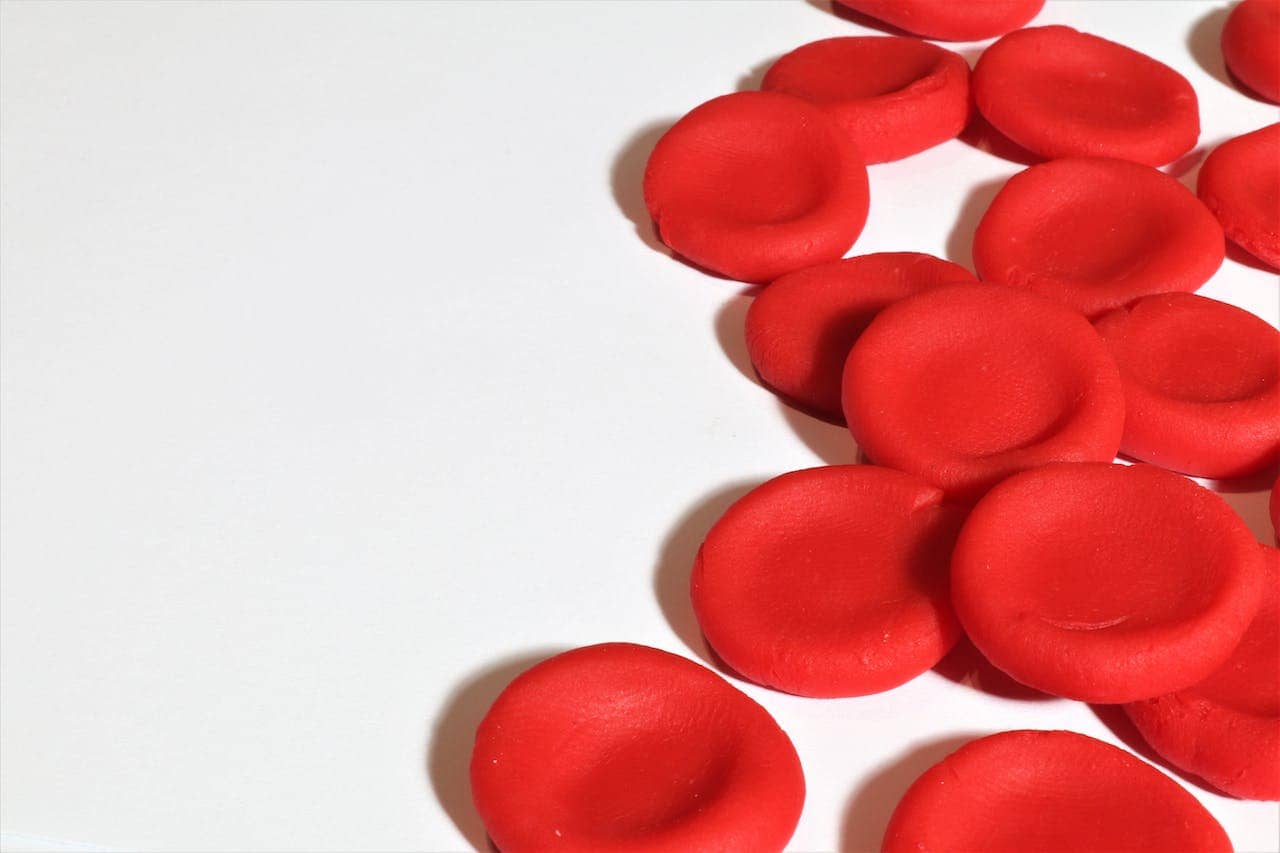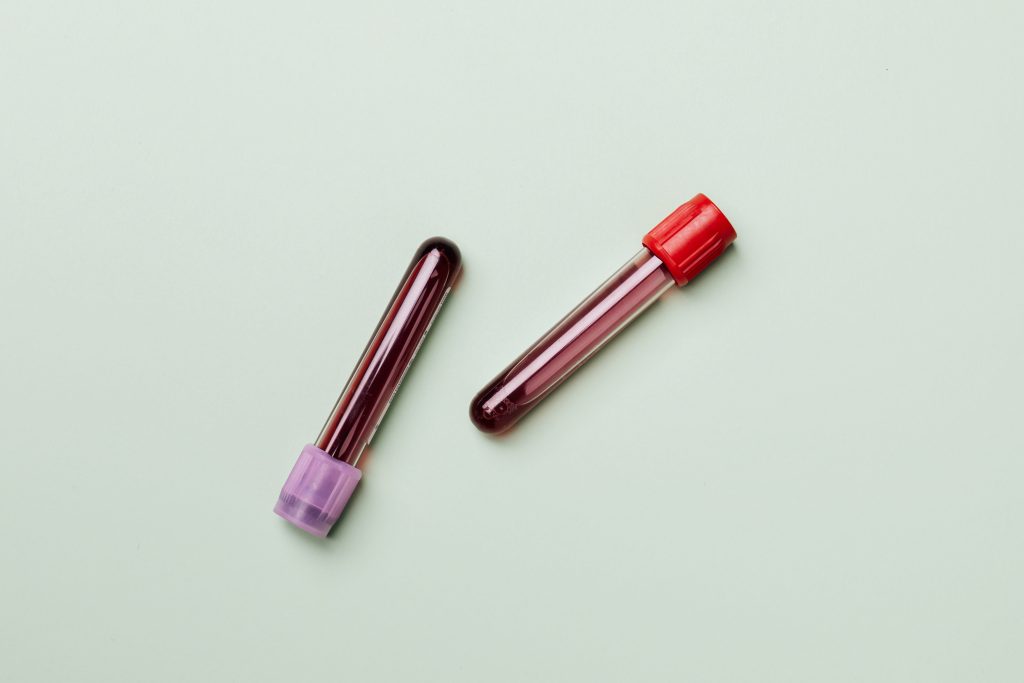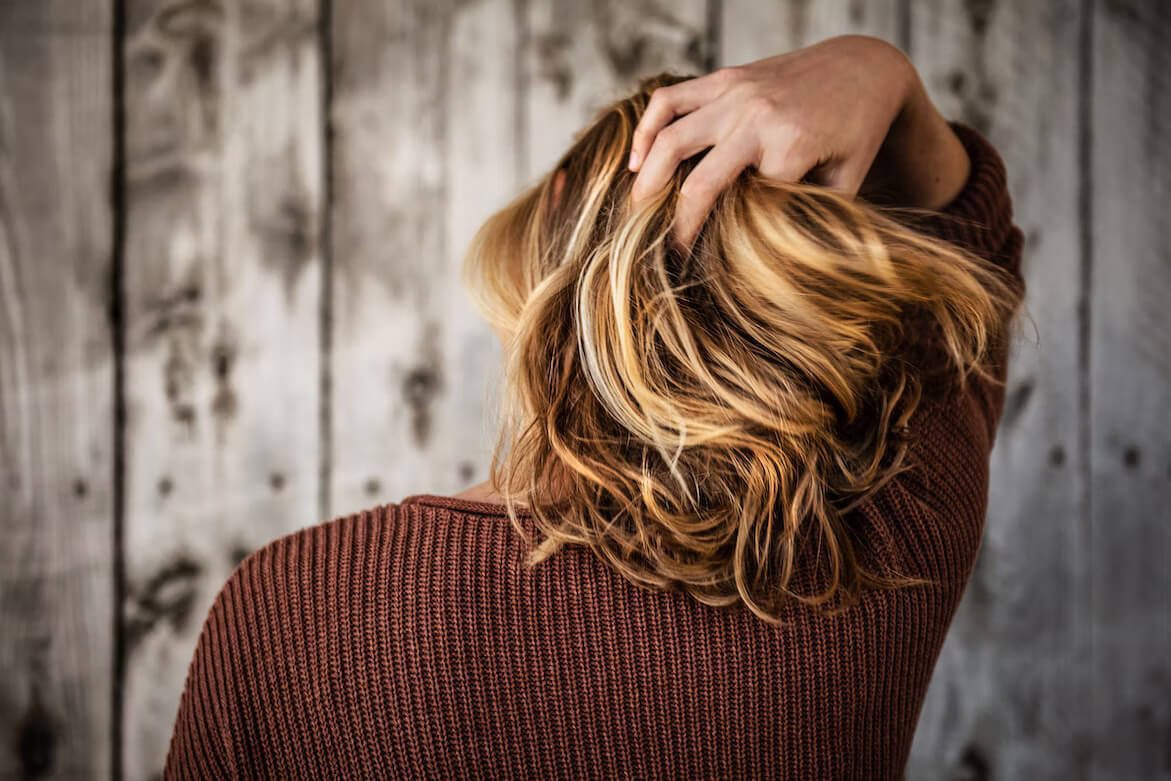Is Iron Deficiency Causing Your Hair Loss?

Hair loss is a common concern for many individuals, and it can be caused by various factors. One often-overlooked cause of hair loss is iron deficiency anemia.
In this blog post, we will explore the connection between iron deficiency and hair loss, emphasizing the importance of recognizing its symptoms and seeking treatment. If you’ve been wondering about how hair loss and low iron levels can be related, read on to learn more.
What is Iron Deficiency Anemia?
Iron deficiency anemia is a condition characterized by a lack of sufficient iron in the body to produce an adequate number of red blood cells. Iron is essential for the transportation of oxygen throughout the body, and when there’s not enough of it, the body’s various functions, including hair growth, can be affected.
Iron Deficiency and Hair Loss
To understand the link between low iron and hair loss, it’s essential to be familiar with the hair growth cycle. Hair goes through several phases: anagen (growth phase), catagen (transitional phase), and telogen (resting phase). Iron plays a vital role in the anagen phase by ensuring the supply of oxygen and nutrients to the hair follicles.
When the body is low on iron, it redirects the available iron to more critical functions, such as supporting the brain and vital organs. Hair follicles, being non-essential structures, receive less oxygen and nutrients. As a result, the anagen phase is disrupted, and hair growth is stunted. In the telogen phase, affected hair strands are more likely to fall out prematurely.
Symptoms of Iron Deficiency Anemia

Recognizing the symptoms of iron deficiency anemia is crucial in understanding its link to hair loss. Common signs include:
- Fatigue and weakness
- Pale skin
- Dizziness
- Shortness of breath
- Cold hands and feet
- Brittle nails
- Headaches
If you’re experiencing any of these symptoms along with hair loss, it’s essential to consult a healthcare professional. They can order blood tests to diagnose iron deficiency anemia accurately.
Treating Iron Deficiency-Induced Hair Loss
The good news is that iron deficiency anemia is treatable, and addressing the underlying iron deficiency can lead to hair regrowth. Treatment options may include:
- Iron supplements: A healthcare provider may recommend iron supplements to raise your iron levels.
- Dietary changes: Increasing your intake of iron-rich foods, such as lean red meat, poultry, fish, and fortified cereals, can help improve iron levels naturally.
- Vitamin C intake: Consuming vitamin C-rich foods or supplements can enhance iron absorption.
- Patience and persistence: It’s important to note that hair regrowth may not be immediate. It can take several months for your body to replenish its iron stores and for your hair growth cycle to return to normal. Being patient and consistent with treatment is key to seeing results.
In Conclusion
Hair loss due to iron deficiency anemia is a common problem that often goes unnoticed. By understanding the link between low iron and hair loss, you can take proactive steps to address this issue.
If you suspect you may be experiencing hair loss related to iron deficiency, don’t hesitate to consult a healthcare professional who can provide proper diagnosis and guidance for effective treatment. With the right approach, you can rejuvenate your hair and regain your confidence.



